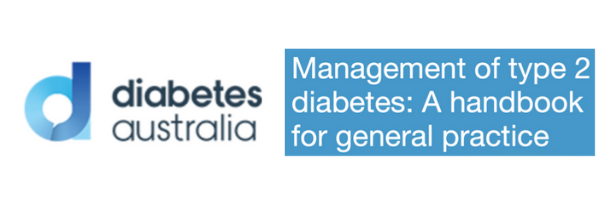Type 2 Diabetes Australia Guidelines – Weight loss surgery is highly effective
5th October 2021
Posted in: Latest News
There is a worsening issue of obesity in Australia, with prospective modelling suspecting that up to 80% of all Australians will be overweight in 10 years’ time!
We also have a problem with type 2 diabetes, with rates around 8% in Australia currently.
In patients who are obese with type 2 diabetes, there is strong evidence to support weight loss surgery as a crucial and potentially life-saving measure. This is also supported by Australian as well as international guidelines.

Weight loss surgery is recommended for:
- BMI > 40 regardless of glycaemic control
- BMI 35 – 39 with inadequate glycaemic control despite lifestyle and optimal medical therapy
Weight loss surgery should be considered with BMI 30 – 34.9 with inadequately controlled hyperglycaemia despite optimal medical treatment by either oral or injectable medications
What this means, is that any patient with type 2 diabetes and a BMI > 40 should be referred to a weight loss surgeon for assessment. It also means that patients who do not have well-controlled blood sugars (HbA1C > 7) and a BMI 35 should also be referred for assessment.
There is growing evidence that early intervention is also key!
A large Swedish registry showed that in 8546 patients with type 2 diabetes and a BMI 35, early weight loss was more likely to reverse diabetes! Remission rates were 58.2% at 2 years and 46.6% at 5 years. These are amazing results, yet a lot of patients are not being referred for consideration of weight-loss surgery in the early stages of their diabetes.[1]
It is also important to note that a paper published in JAMA Surgery in 2020 showed that the benefits of a Roux-en-Y gastric bypass compared to a sleeve gastrectomy for type 2 diabetes were small. Weight loss for the bypass was 29.1% at 1 year vs 22.8% for the sleeve, and remission of diabetes (HbA1C < 6.5) was 59.2% for the bypass at 1 year vs 55.9% for the sleeve. Interestingly, remission was 84.3% for the gastric bypass at 3 years and 81.5% for the sleeve gastrectomy.[2] Both a Roux-en-Y gastric bypass and a sleeve gastrectomy were shown to provide great results for patients with type 2 diabetes and a BMI 35.
A recent paper from Sydney showed that only 19% of 700 patients treated in the audit were referred to an obesity service, in spite only 29% of patients achieving good blood sugar control (HbA1C < 7).[3]
I am continuing to explore why this is the case. Educating patients, as well as medical practitioners on the options available and the risks and benefits is key. I have recently spoken to patients at Diabetes SA, which was a great experience, and have an upcoming discussion with Endocrinologists on the same topic.
For further information, please contact Dr Balalis.